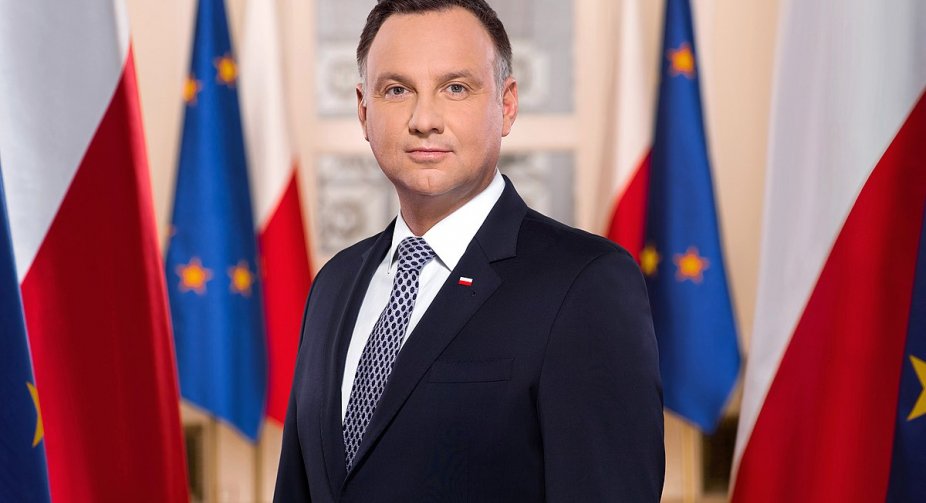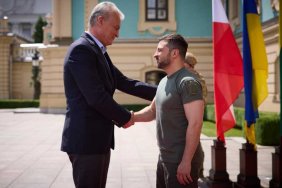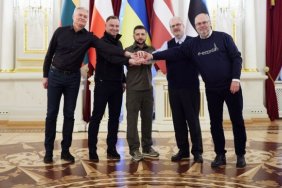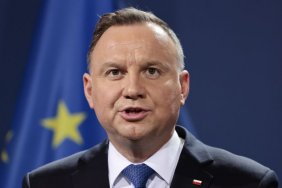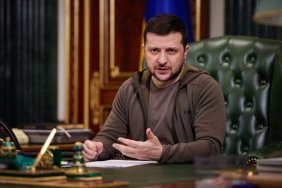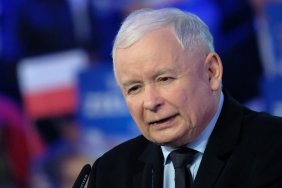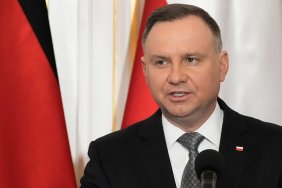Poland's president on Monday urged Ukraine to acknowledge what he called "the shameful truth about how Ukrainian nationalists killed more than 100,000 Poles during World War II, despite the fact that Kyiv and Warsaw are now uniting against Russia." This was reported by Reuters.
Andrzej Duda's speech was made on the 79th anniversary of the 1943 killings in Volhynia in Nazi-occupied Poland and was a poignant reminder of the complex historical ties between Warsaw and Kiev at a time when the Russian invasion of Ukraine brought the two neighbors closer together.
Poland opened its doors to Ukrainian refugees, and Duda allowed his country to be used as a logistics center for supplying Ukraine, which was fighting a grueling war of attrition against Russia.
But at a ceremony in Warsaw on Monday, Duda said the truth about massacres during the war and other such events in Eastern Galicia in 1944-45 should be "firmly and clearly stated," no matter what, and called on Kiev to acknowledge the ethnic cleansing of Poles by the Ukrainian nationalist militia.
"This was not and is not about revenge, about any kind of retaliation. There is no better proof of that than the time we have now," Duda said, referring to the two countries' current cooperation against Russia.
The issue has been difficult for Ukrainians, he said, because some saw those same militias as heroes of the resistance they gave to the Soviet Union and as symbols of Kiev's painful struggle for independence from Moscow.
"Those we know as murderers were also heroes for Ukraine, at a different time and with a different enemy, and often died at the hands of the Soviets, fighting in deep faith for an independent, free Ukraine," Duda said.
According to Reuters, there was no immediate Ukrainian reaction to Duda's comments but his remarks are likely to be seen as untimely in some Ukrainian circles, which view attempts to discuss such events now as part of a Russian-inspired attempt to falsely portray Ukraine as a country. needs denazification, which is one of the stated aims of what Russia is calling a special military operation.
The Polish parliament claimed that the killings committed between 1943 and 1945 by the Ukrainian Insurgent Army and the Organization of Ukrainian Nationalists, led by Stepan Bandera, had elements of genocide.
Ukraine has not accepted this claim and often refers to the Volyn events as part of the conflict between Poland and Ukraine that affected both countries.
Polish historians say that up to 12,000 Ukrainians were also killed in retaliatory Polish operations.
